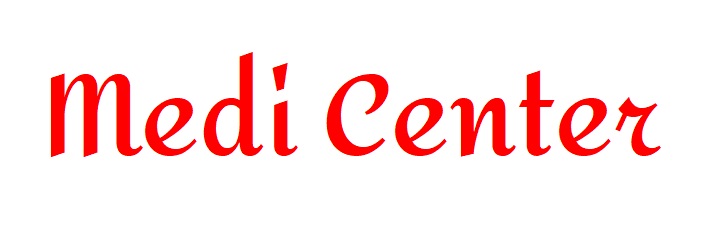Ukraine’s Nuclear Weapons Debate: A Decision Haunting History
Ukraine relinquished its nuclear arsenal under the Budapest Memorandum in 1994. Today, amid Russia's aggression, debates about nuclear deterrence and Western alliances dominate global discourse. Explore the implications of this historic decision.

Ukraine’s Nuclear Weapons Debate: A Decision Haunting History
In the early 1990s, Ukraine held the world’s third-largest nuclear arsenal after the collapse of the Soviet Union. However, under international pressure, Ukraine signed the Budapest Memorandum in 1994, relinquishing its nuclear weapons in exchange for security guarantees from the United States, the United Kingdom, and Russia. Today, as Ukraine faces existential threats from Russia, questions about that decision and its long-term consequences dominate global discussions.
The Budapest Memorandum: A Deal Revisited
The Budapest Memorandum was meant to ensure Ukraine’s sovereignty and security in exchange for its nuclear disarmament. Yet, following Russia’s annexation of Crimea in 2014 and the ongoing war since 2022, those guarantees appear fragile. Ukrainian President Volodymyr Zelenskyy recently emphasized that joining NATO is now the only viable deterrent against Russia’s aggression.
Kremlin’s Stance: “Irresponsible Discussions”
Kremlin spokesperson Dmitry Peskov dismissed calls to return nuclear weapons to Ukraine as “completely irresponsible.” Referring to reports in The New York Times about unnamed Western officials suggesting such actions to President Joe Biden, Peskov criticized the lack of accountability behind these claims. “These are the reckless discussions of people disconnected from reality,” Peskov remarked.
Western Debate Over Nuclear Deterrence
Reports suggest that some U.S. officials proposed restoring nuclear arms to Ukraine to deter further Russian aggression. While advocates argue this could provide immediate leverage, critics warn of catastrophic consequences. Former Russian President Dmitry Medvedev underscored this, stating that sending nuclear weapons to Ukraine would be treated as a direct attack on Russia.
Ukraine’s Dilemma: A Nation Defenseless Against Its Own Arsenal
Ironically, the weapons Ukraine once handed to Russia under the Budapest Memorandum now pose a grave threat to its survival. The ongoing war, intensified by Russia’s hypersonic missile strikes and Ukraine’s retaliatory use of Western-supplied missiles, highlights the fragile balance of power in the region.
The Role of NATO and Western Allies
As Ukraine seeks stronger alliances, particularly through NATO, Western powers face a critical decision: how to support Ukraine without escalating global tensions. Zelenskyy continues to press for NATO membership, emphasizing it as the key to ensuring Ukraine’s sovereignty and stability.
Global Implications of a Nuclear Ukraine
The debate over nuclear weapons and Ukraine’s security highlights broader issues of trust in international agreements and the risks of nuclear proliferation. For Ukraine, the lack of enforcement behind the Budapest Memorandum has been a costly lesson in geopolitics.
Conclusion: A History Lesson for the Future
The question remains: Was Ukraine’s disarmament a prudent decision for global peace, or a misstep with lasting consequences? As discussions over nuclear deterrence resurface, Ukraine’s situation underscores the complexities of balancing disarmament and security in an increasingly volatile world.











